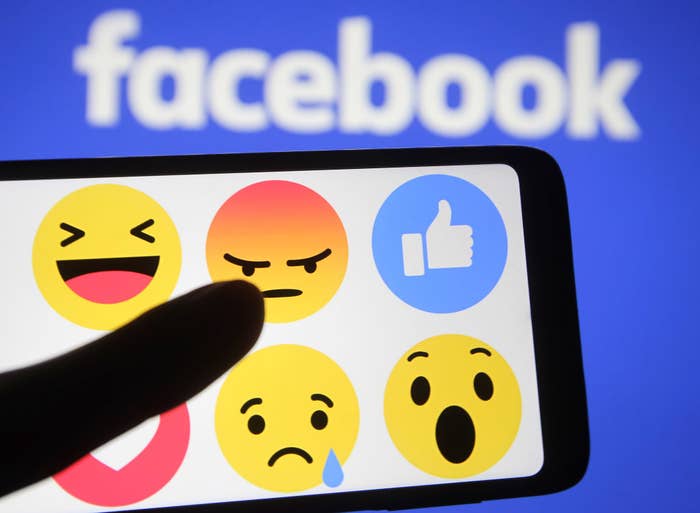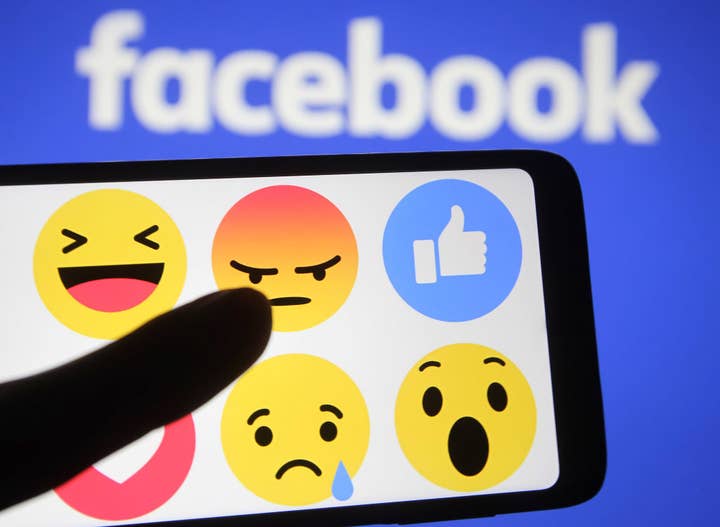
Sending a thumbs-up emoji to someone in response to a contract offer is a valid alternative to a signature, a Saskatchewan judge ruled.
After failing to deliver an order to a grain buyer after agreeing to it with a thumbs-up emoji, a farmer must pay the customer over $82,000, CBC News reports.
In March 2021, a grain buyer, Kent Mickleborough, who worked for South West Terminal texted various clients that he was looking to purchase 86 tonnes of flax for $17 a bushel that he wanted delivered later that year.
Mickleborough then spoke to the farmer, Chris Achter on the phone to discuss the details and subsequently texted him a picture of the contract, asking him to "please confirm flax contract."
Achter replied with a thumbs-up though he never fulfilled the order when it came time to deliver.
Mickleborough believed the emoji was Achter's way of confirming the order given their past business relationship that never resulted in a missed delivery.
Achter claimed that his use of the emoji only represented the fact that he had received the contract and not agreed to it.
"I deny that he accepted the thumbs-up emoji as a digital signature of the incomplete contract," Achter explained in an affidavit, per CBC News. "I did not have time to review the Flax Contract and merely wanted to indicate that I did receive his text message."
The judge used a definition from Dictionary.com which said that the emoji could be used to express "assent, approval, or encouragement in digital communications, especially in Western cultures."
"This court readily acknowledges that a [thumbs-up] emoji is a non-traditional means to 'sign' a document but nevertheless under these circumstances this was a valid way to convey the two purposes of a 'signature,"' the judge decided.
"This court cannot (nor should it) attempt to stem the tide of technology and common usage — this appears to be the new reality in Canadian society and courts will have to be ready to meet the new challenges that may arise from the use of emojis and the like," he concluded.

